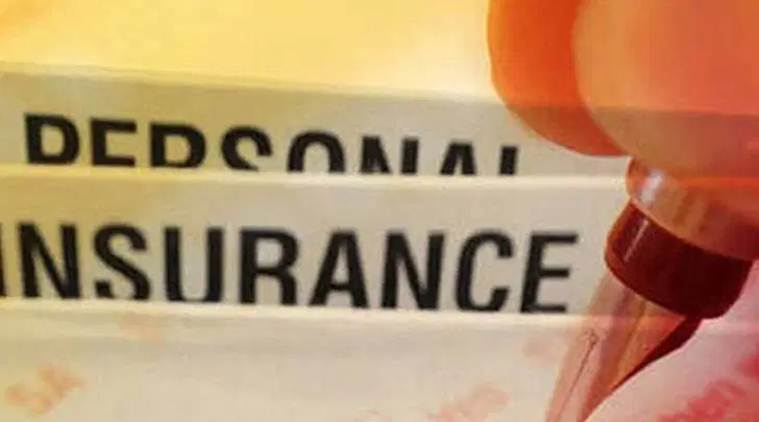 16-04-2020
16-04-2020
Pandemic cover pool on the cards to tackle outbreaks

 Insurance Alertss
Insurance AlertssPandemic cover pool on the cards to tackle outbreaks
Coronavirus (COVID-19): A section of the insurance industry has proposed a pandemic insurance pool, on the lines of terror insurance pool, to tackle the possible claims from coronavirus-type of virus attacks that claimed hundreds of lives and hit India Inc’s day-to-day business and livelihood of millions of people.
The proposal, in the initial stages, is yet to be taken up with the government. A spate of virus attacks like SARS, Ebola, Avian flu and coronavirus have claimed a huge human and economic toll. “We had SARS in early 2000 and now we have coronavirus. Are we sure that no new virus or other pandemic will happen in future. We have to prepare ourselves for any such issue in future?” said Tapan Singhel, MD & CEO at Bajaj Allianz General Insurance Co.
Insurance experts said the viability of such a pool can be studied and implemented if found suitable. “There are viability issues. But it’s worth exploring,” said former IRDAI Member KK Srinivasan.
“I made a recommendation to CII… we need to prepare a pandemic pool because the cover will get withdrawn from the market. Since insurance cover will not be available going forward, can’t we create a pandemic pool? That can help Indian industries in times to come. Everyone will have to come together to create a pool because you won’t get the cover. We must have it,” Singhel said.
Indian insurers set up a terrorism risk pool with an initial corpus of Rs 200 crore, mobilised domestic general insurers, after the 9/11 attack on the World Trade Centre in New York. The premium for terror pool surged after the Mumbai terror attack on November 26, 2008, when claims worth Rs 600 crore were disbursed. The corpus was created by general insurance companies to ensure the bottom line of insurance companies did not take a hit when claims were made after a terror attack. “But whether it (pandemic cover) will be available now will depend on whether someone is willing to give the reinsurance cover. That is the problem. When the terror attack happened in 9/11, the terror insurance was withdrawn from the market. Then in India the pool was formed,” Singhel said.
As per a source, the proposed pandemic pool can be created on the lines of terrorism insurance. Insurers also cite the crop insurance scheme funded by the central and state governments which have benefited millions of farmers. “The main issue is who will fund the pandemic pool. The government will have to agree and step in. The pool should have a corpus of Rs 8,000-10,000 crore as any pandemic event can trigger huge losses. Corporates are likely to be the main clients of such a pool. In the ongoing lockdown, though almost all business groups have suffered huge losses out of business interruption, they can’t opt for insurance claims as their policies only cover losses for normal reasons like fire or natural calamities but not for pandemic diseases that can be covered in the pandemic pool,” said an official.
The Wimbledon tournament is a big beneficiary of pandemic insurance cover as they had taken a specific pandemic cover. The tournament organisers had bought around 1.5 million pounds ($1.9 million) per year in pandemic insurance following the SARS outbreak in 2003. While it paid out roughly 25.5 million pounds ($ 31.7 million) in premiums over that 17-year period, Wimbledon is set to receive an insurance payout of around 114 million pounds ($142 million) for this year’s cancelled tournament. Though a pandemic cover will take time to set up a pandemic insurance pool, insurance experts say a beginning has to be made. “It can cover the entire spectrum in times to come. The pool can become large over a period of time,” Singhel said.
The government and the insurance regulator were unable to set up a catastrophe insurance scheme. With the rising incidences of natural disasters in the country, IRDAI was working on a plan to launch government-funded catastrophe (cat) cover for the poorer sections of the society. IRDAI had written to the Centre, seeking its approval for the project. However, the proposal has not moved forward, sources said.
In India, uninsured losses from all catastrophes and man-made disasters were 84 per cent of the total losses in recent times. Currently, the central government and the state governments are compensating for the huge losses in natural disasters to the extent they can, creating deep holes in the pockets of public finance.
Source: The Indian Express
